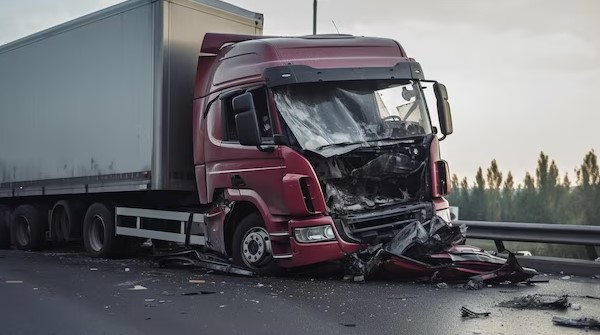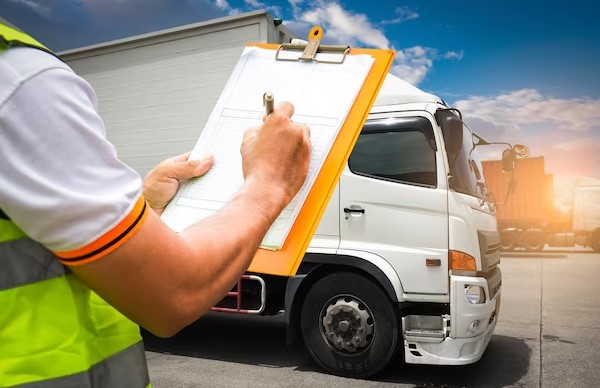Trucks are inherently risky, but with the right insurance policy, you can help lower the associated costs and enable yourself to recover against any eventualities. But what’s important to know first of all is commercial truck insurance requirements.
Below, we’re going to look at everything that you need, from state requirements to special exclusions and conditions. That way, you know you’re protected!
Liability Insurance
Commercial truck insurance requirements include liability insurance. Liability insurance protects truck owners and their truck businesses from financial losses arising from bodily injury or property damage that they may cause to another party.
This is especially important to those who operate a vehicle for commercial use as they are typically liable for all damages. Liability insurance will cover those damages up to a certain limit. The policy also contains coverage for legal expenses in the event the truck owner is sued.
Liability coverage is also important as companies and certain states may require it for those operating a commercial truck. There are different levels of liability coverage depending on the type of vehicle and state or country the truck operates in.
Physical Damage Insurance
Physical Damage Insurance is a type of commercial truck coverage that is often required in commercial truck insurance policies. This type of coverage covers any damage that is done to a truck or trailer as a result of a physical incident such as an:
- Accidental
- Fire
- Wind
- Hail
- Vandalism
It also typically covers the replacement of windows, tires, and other parts of the vehicle. This coverage also applies to cargo that is damaged due to a physical incident. It also provides important coverage for truckers and cargo companies.

Physical Damage Insurance premiums can vary widely depending on the type of truck, location, and cargo that it is carrying. Business owners must have adequate policies in place to protect their vehicles and cargo.
Cargo Insurance
Cargo insurance typically covers the cargo itself, plus any related expenses, such as the cost of including the:
- Replacement
- Storage
- Transportation
- Related legal fees
It’s important to note that errors and omissions in loading, packing, labeling, and bracing cargo may also be covered under cargo insurance. When considering cargo insurance for box truck insurance cost, you should take into account the value of the shipment. Also, the type of cargo being carried and destination as well as the number and types of trucks in your fleet.
Depending on the type of goods and distance traveled, companies must obtain specific cargo insurance endorsements that are tailored to their needs to be covered. It’s important to understand whether or not you need cargo insurance and how much coverage you need, so you can choose the right policy for your business.
Understanding Basic Commercial Truck Insurance Requirements
Trucking insurance companies must meet commercial truck insurance requirements for their drivers to remain compliant and protect their investments. Contact a trusted insurance agent to see what kind of commercial truck insurance your company may need to stay on the road.




